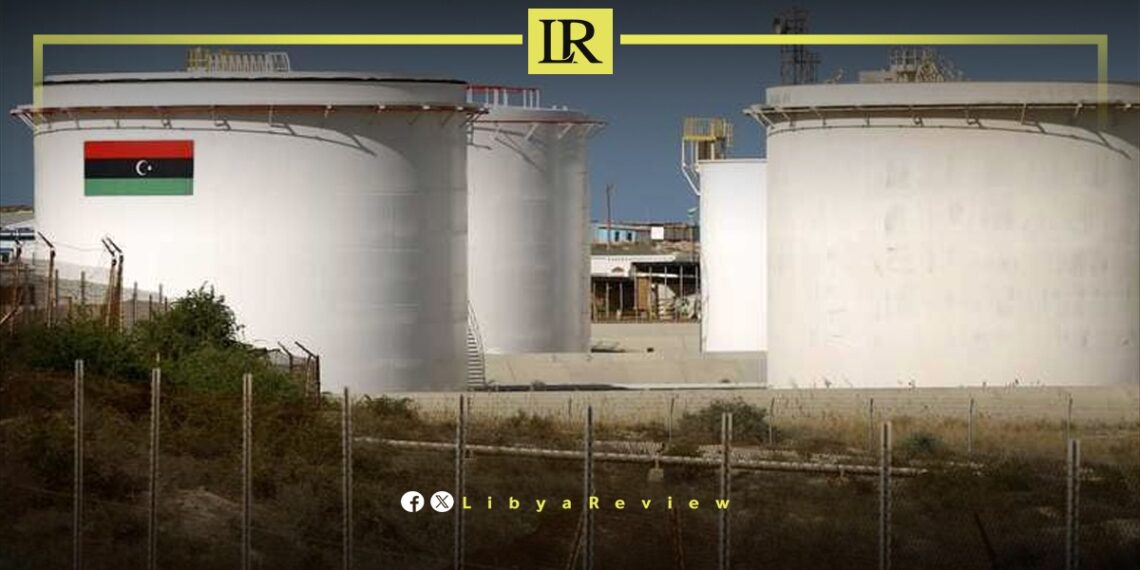A fire that broke out on Monday in a pipeline transporting oil from Libya’s Waha Oil Field to the port has not impacted exports, according to a port engineer at Sidra and a source from Waha Oil Company, which operates the field.
The Waha Oil Company source told Reuters that the pipeline is currently operating at reduced capacity to prevent any further fire outbreaks. He added that the pipeline is expected to return to full capacity by this evening once maintenance work is completed.
The incident has not affected production or exports from the Waha Oil Field, which has a capacity exceeding 100,000 barrels per day.
The engineer at Sidra port mentioned that the fire occurred while a maintenance team was repairing a leak about 30 kilometres south of the port.
Another engineer at the port told Reuters that the fire was brought under control without causing significant damage and that the production decline was minimal.
Libya has reclaimed its position as Africa’s leading oil producer in 2023, with a daily output of 1.189 million barrels. This marks a significant achievement for the country, surpassing Nigeria, which produced 1.187 million barrels per day, and Angola, which came in third with 1.098 million barrels per day.
Libya’s resurgence in oil production comes at a time of intense efforts by the National Oil Corporation (NOC) to elevate the country’s output to unprecedented levels. Libya is targeting a daily production of 2 million barrels by 2030, driven by new licensing rounds and the revitalization of major oil fields, including the Sharara field, the country’s largest.
Historically, Nigeria held the title of Africa’s top oil producer. However, ongoing security issues, such as oil theft and violence in key production regions, have significantly undermined its capacity. In 2023, these challenges resulted in a drop in Nigeria’s production, allowing Libya to take the lead. Despite these setbacks, Nigeria remains a vital player in the African oil market and is actively working to reclaim its top spot.
Angola, maintaining steady production, secured third place with 1.098 million barrels per day. The Angolan government is focusing on enhancing foreign investment and creating a favorable business environment to attract more international companies, aiming to bolster its oil sector amidst economic and social challenges.
Libya’s return to the top as Africa’s leading oil producer highlights the country’s resilience and strategic efforts to overcome years of conflict and instability. The revitalization of its oil industry, driven by the NOC’s leadership, is a key factor in this achievement. As Libya continues to rebuild and stabilize, its ability to maintain and increase oil output will be crucial not only for its economy but also for global oil markets. Achieving its ambitious goal of 2 million barrels per day by 2030 could significantly impact global oil supplies, especially as demand rises.


